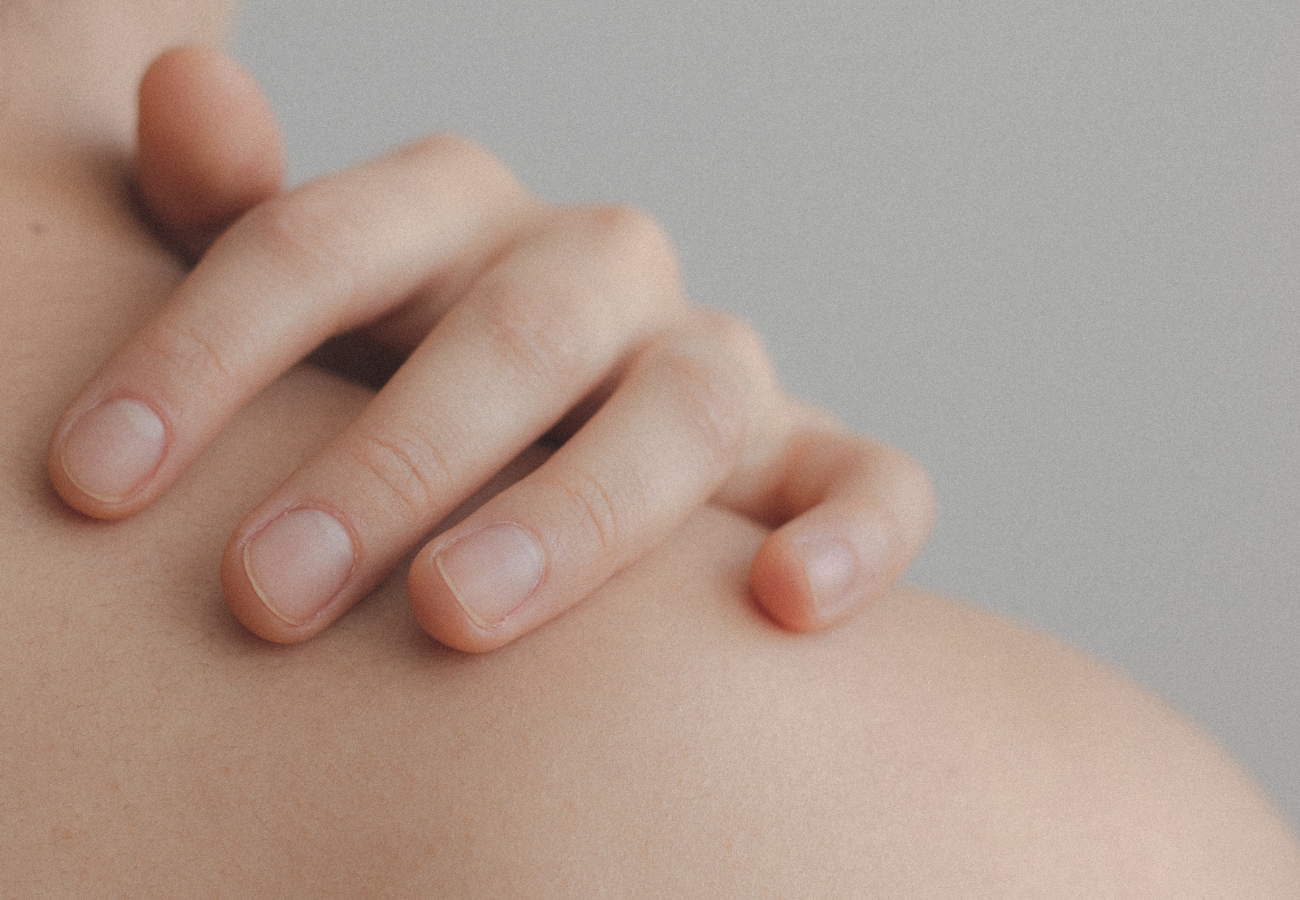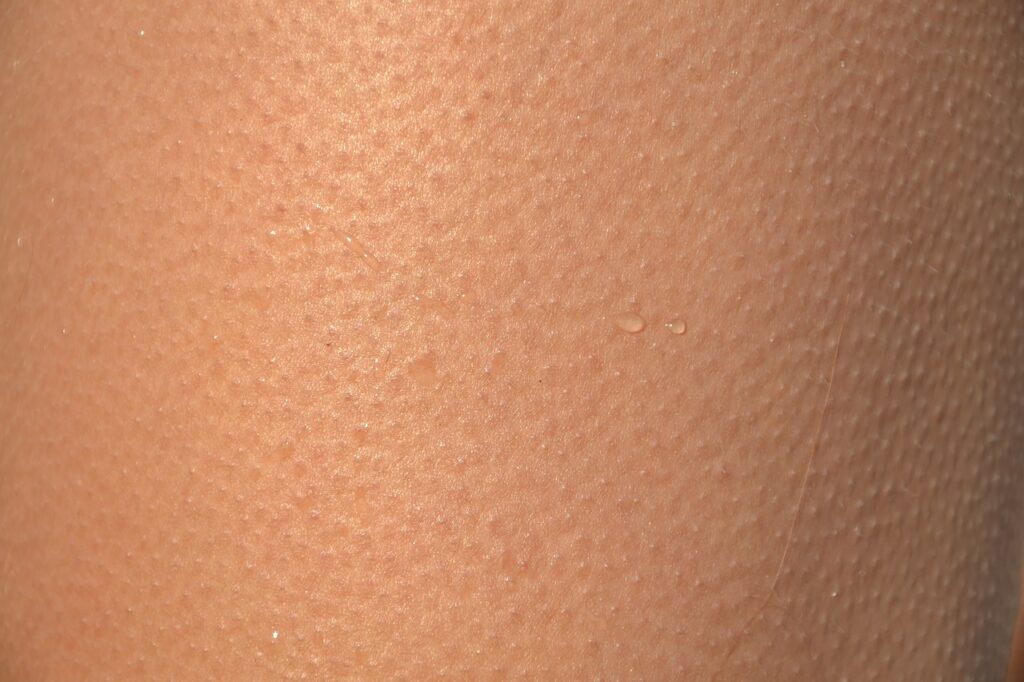How to Control Oily Skin – Dealing with oily skin can be frustrating, but with the right approach, you can effectively manage it. Understanding the underlying causes and adopting a proper skincare routine are key steps in controlling excess oil production.
Causes of Oily Skin
Oily skin can be influenced by various factors, including genetics, hormonal fluctuations, and environmental elements. Genetics play a significant role, as some individuals naturally produce more oil than others. Hormonal changes, especially during puberty or menstruation, can also lead to increased sebum production. Additionally, factors like humidity and pollution can exacerbate oily skin.
Effects of Oily Skin
Excess oil on the skin’s surface can result in several issues, including frequent acne breakouts, enlarged pores, and a persistently shiny complexion. The overproduction of sebum can clog pores, leading to the formation of pimples and blackheads. Moreover, enlarged pores are more prone to trapping dirt and debris, further contributing to acne development. Additionally, a perpetually greasy appearance can affect one’s self-confidence.
Daily Skincare Routine for Oily Skin
Establishing a consistent skincare regimen is crucial for managing oily skin. This routine should include gentle cleansing to remove excess oil and impurities, followed by toning to balance the skin’s pH levels. Moisturizing is still essential, but opt for oil-free or non-comedogenic formulas to avoid clogging pores. Don’t forget to apply sunscreen daily to protect the skin from sun damage.
Ingredients to Look for in Skincare Products
When selecting skincare products for oily skin, prioritize those containing ingredients known for their oil-regulating properties. Salicylic acid is an excellent choice for exfoliating and unclogging pores, while tea tree oil possesses natural antibacterial properties that help combat acne. Witch hazel acts as an astringent, tightening pores and reducing oiliness.
Dietary and Lifestyle Tips
In addition to topical treatments, maintaining a healthy lifestyle can contribute to managing oily skin. Drinking an adequate amount of water helps keep the skin hydrated and balanced. Consuming a balanced diet rich in fruits, vegetables, and lean proteins can also improve overall skin health. Furthermore, managing stress through relaxation techniques like yoga or meditation can help reduce oil production.
Home Remedies for Oily Skin
Several home remedies can help control excess oil and improve skin texture. Clay masks are particularly beneficial, as they absorb excess sebum and impurities from the skin’s surface. Apple cider vinegar diluted with water can serve as a natural toner, restoring the skin’s pH balance. Additionally, applying chilled green tea as a facial toner can help reduce oiliness and soothe inflammation.
Professional Treatments for Oily Skin
For more severe cases of oily skin, professional treatments may be necessary. Chemical peels can effectively exfoliate the skin, reducing oiliness and improving texture. Microdermabrasion is another option, mechanically exfoliating the skin and promoting cell turnover. In some cases, laser therapy may be recommended to target oil-producing glands and reduce sebum production.
Importance of Consistency
Consistency is key when it comes to managing oily skin. Establishing a regular skincare routine and sticking to it diligently can yield significant improvements over time. While quick fixes may provide temporary relief, long-term results require ongoing commitment to proper skincare habits and lifestyle choices.
Conclusion
Controlling oily skin requires a multifaceted approach that addresses both internal and external factors. By understanding the causes of excess oil production and implementing effective skincare practices, individuals can achieve a clearer, more balanced complexion. Consistency and patience are essential, but with dedication, oily skin can be managed successfully.
FAQs
- Can oily skin be cured permanently?
- Is it necessary to use oil-free products for oily skin?
- Are there any dietary supplements that can help reduce oiliness?
- How often should I use home remedies like clay masks?
- Can oily skin lead to other skin conditions?





